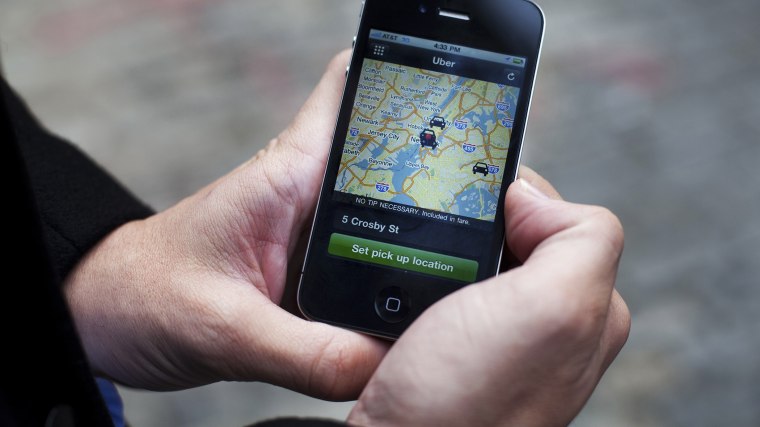Republicans love Uber. Young urban voters love Uber. And Republicans hope that means young voters can learn to love the GOP. Car-hailing and ride-sharing services like Uber, Lyft, Sidecar and others are wildly popular among wealthy, young, tech-savvy urbanites -- precisely the kind of voters that the Republican Party needs to win over to remain competitive in the long run. Those same services also just happen to be warring with government regulators in cities across the country over whether the upstarts are operating illegally as unlicensed taxi services.
The Republican Party is in love with Uber, and it wants to publicly display its affection all over the Internet.
Uber, Lyft and Airbnb have become mascots for a Republican Party looking to promote a new brand of free market conservatism while making inroads with young voters. Though the companies were engineered in the Democratic bastion of Silicon Valley, Republicans seeking to promote their party as freedom-loving and tech savvy are latching on to them.
The CEO of Uber said Friday that Obamacare has played a crucial role for his army of drivers, an unusual, partial endorsement of the president's signature policy from a man often cast as a hero of anti-government libertarianism. BuzzFeed News reported in October that the new, subsidized market for health care has been a boon to companies like Uber, which are essentially digital middlemen relying on armies of independent contractors. Figures ranging from Uber drivers to Obamacare architect Jonathan Gruber called the health care overhaul crucial in the emergence of the sharing economy, but Uber had remained officially silent on the subject until Friday.
